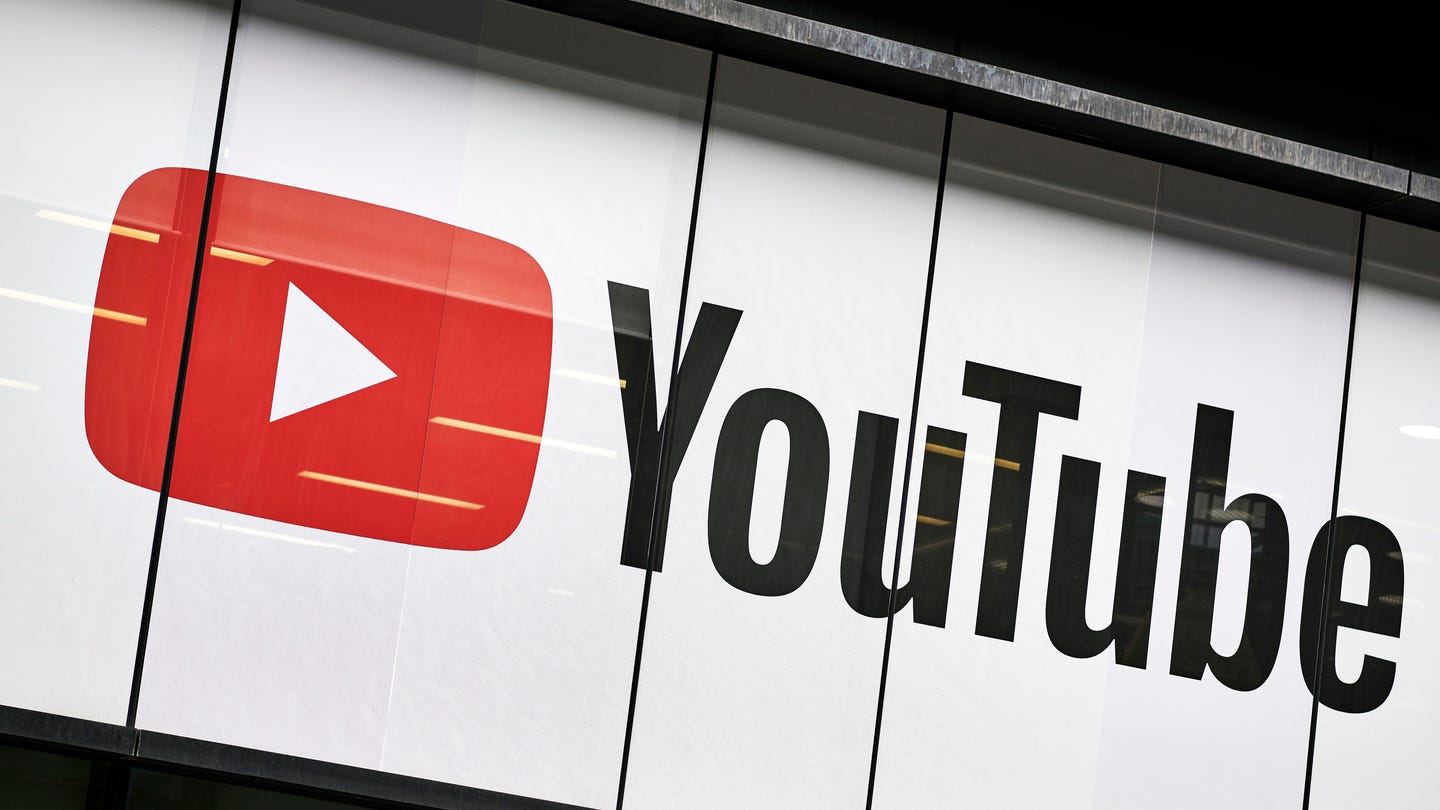
The Supreme Court heard oral arguments Tuesday in the first of two cases this week that explore the extent of the legal protections given to tech companies that provide a platform for third-party users to publish content.
The case in question, Gonzalez v. Google, deals with recommendations and algorithms used by sites like YouTube that go further than simply allowing users to post content but arrange and promote the content to users in a certain way. YouTube and Google are facing litigation over allegedly recommending videos created by ISIS and used to recruit new members.
Section 230 of the Communications Decency Act says sites like YouTube, Google, Facebook and Twitter are immune to legal claims based on the content posted by their users. The justices and parties involved wrestled with whether the way in which that content is presented is itself a form of speech and whether it is via clear recommendations or an algorithm.











